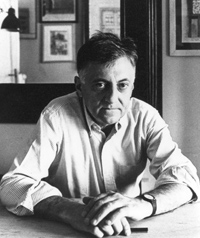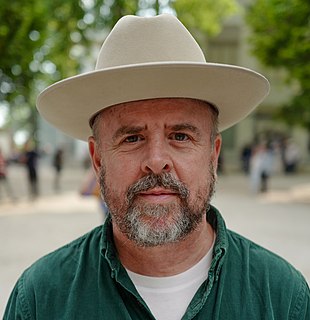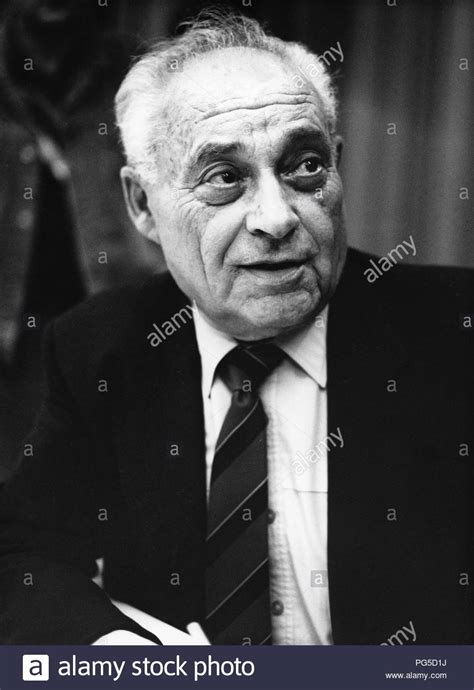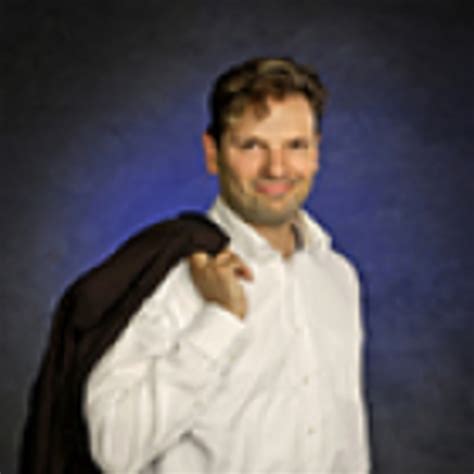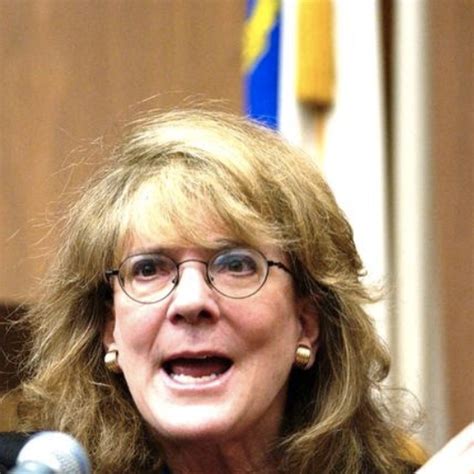A Quote by W. G. Sebald
Places seem to me to have some kind of memory, in that they activate memory in those who look at them.
Related Quotes
I'm still willing to continue living with the burden of this memory. Even though this is a painful memory, even though this memory makes my heart ache. Sometimes I almost want to ask God to let me forget this memory. But as long as I try to be strong and not run away, doing my best, there will finally be someday...there will be finally be someday I can overcome this painful memory. I believe I can. I believe I can do it. There is no memory that can be forgotten, there is not that kind of memory. Always in my heart.
So many people that we met had some sort of connection to the [Olympics] games. Some story about how they volunteered there, or some sort of memory of it. It still is in the cultural memory and identity of these cities as much as it is in the physical and architectural memory. It's where these two things overlap, I think, that we're trying to explore with the photos.
Objects obey quantum laws- they spread in possibility following the equation discovered by Erwin Schodinger- but the equation is not codified within the objects. Likewise, appropriate non-linear equations govern the dynamical response of bodies that have gone through the conditioning of quantum memory, although this memory is not recorded in them. Whereas classical memory is recorded in objects like a tape, quantum memory is truly the analog of what the ancients call Akashic memory, memory written in Akasha, Emptiness- nowhere.
But pain may be a gift to us. Remember, after all, that pain is one of the ways we register in memory the things that vanish, that are taken away. We fix them in our minds forever by yearning, by pain, by crying out. Pain, the pain that seems unbearable at the time, is memory's first imprinting step, the cornerstone of the temple we erect inside us in memory of the dead. Pain is part of memory, and memory is a God-given gift.
Own only what you can always carry with you: know languages, know countries, know people. Let your memory be your travel bag. Use your memory! Use your memory! It is those bitter seeds alone which might sprout and grow someday. Look around you - there are people around you. Maybe you will remember one of them all your life and later eat your heart out because you didn't make use of the opportunity to ask him questions. And the less you talk, the more you'll hear.
I keep thinking my father gave me Turgenev, and then I realize at some point, Oh, this is a false memory. I mean, that's one of the things that interests me about memoir. It should be as much about how we remember, and that includes false memories, and the realization that one is having a false memory. That's the kind of an interesting way of layering the whole experience of recollection.




